
Asa Nakahara
Assistant Professor, Dept of Pathology
Interview
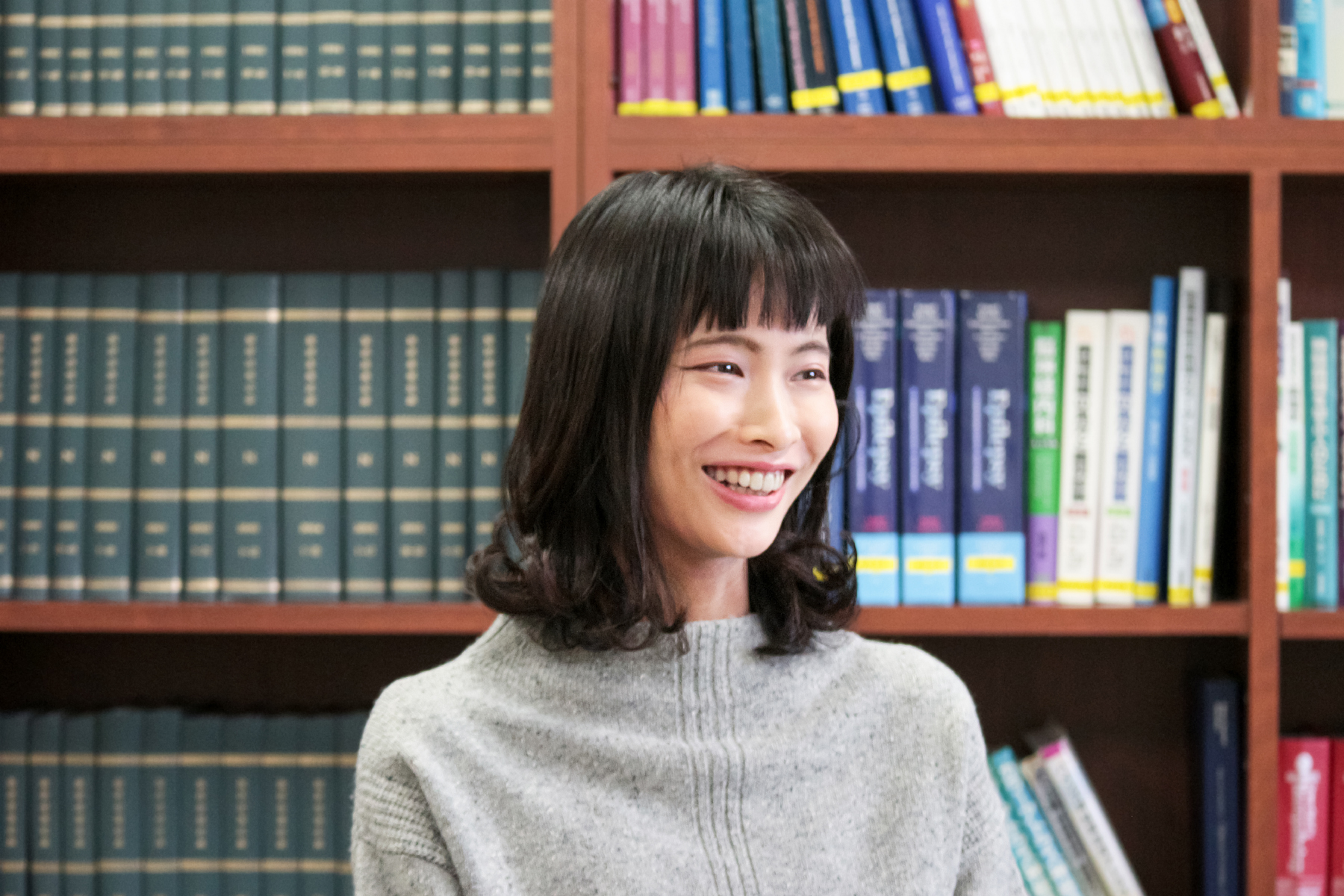
Could you share details about your career so far and your current research focus?
After graduating from Shinshu University School of Medicine, I enrolled in its graduate school while simultaneously beginning my junior residency program, focusing on neuropathology. Upon completing my junior residency training, I transferred to the Department of Pathology at Brain Research Institute (BRI), Niigata University, where I continued studying neuropathology, particularly the pathology of degenerative diseases. Following my graduate studies, I trained in general pathology at the Department of Pathology, Niigata City General Hospital, earning certifications as a board-certified pathologist and cytologist. Since returning to BRI, I have continued my research while deepening my expertise as a pathologist specializing in neuropathology. This includes becoming a specialist in molecular pathology, a specialist in neuropathology, and a certified second-grade electron microscope technician.
My primary research interests lie in neurodegenerative diseases, such as amyotrophic lateral sclerosis (ALS) and multiple system atrophy (MSA). However, I aim to broaden my research scope by leveraging my comprehensive knowledge of general pathology.
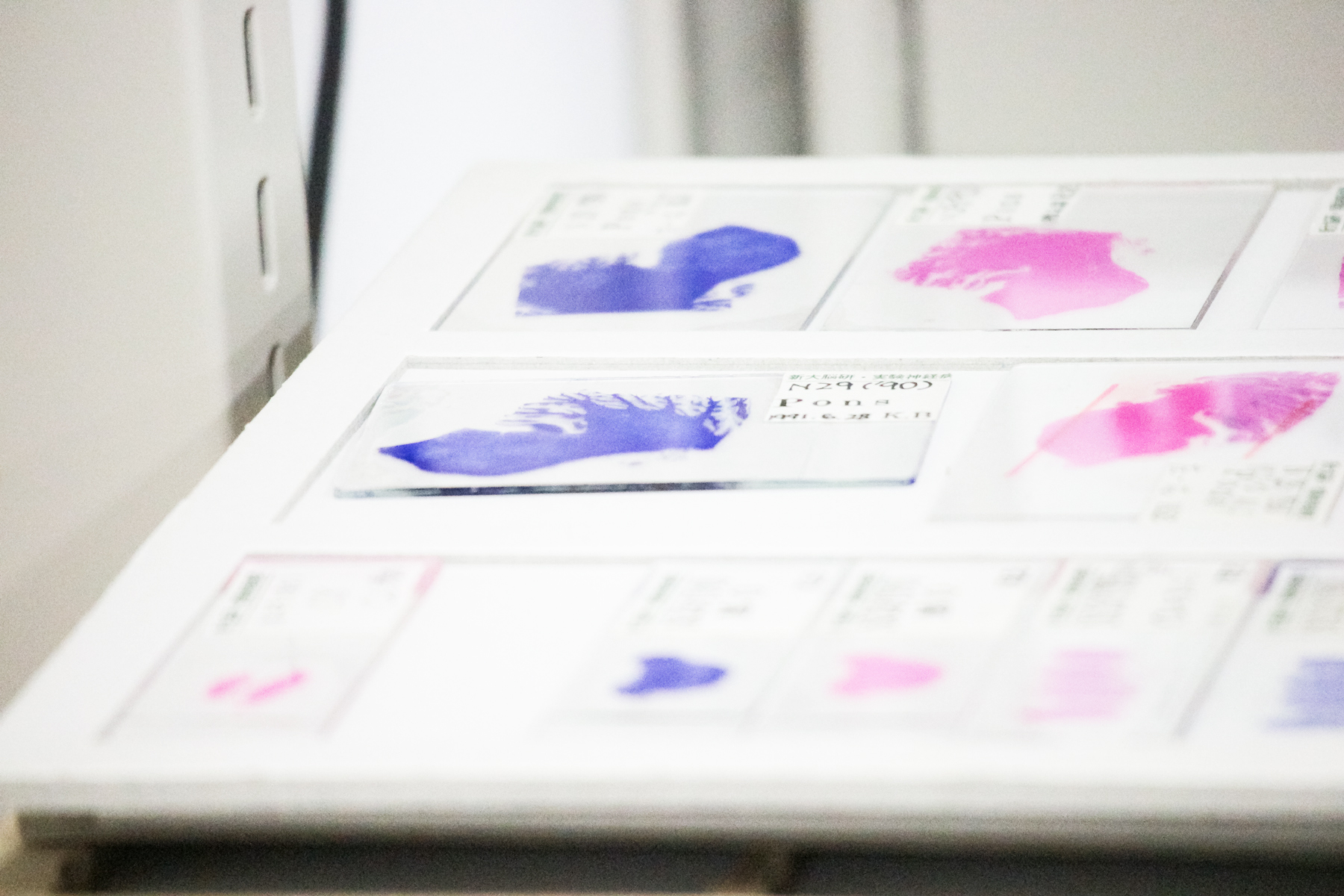
What inspired you to pursue brain research, and what influenced your decision to join BRI?
Since my relatives had familial ALS, I once chatted with an ALS patient and her family when I was in junior high school. The patients and their families suffered a lot, and their hard lives impressed me. At the time, I had no intention of becoming a doctor, but as I pursued my medical studies at university, my interest naturally gravitated toward this field. During this time, Prof. Kiyomitsu Oyanagi, an alumnus of BRI's Department of Pathology, was assigned to Shinshu University. I was captivated by the beauty and complexity of the specimens he presented and began visiting his lab, which ultimately set me on the path to neuropathology. With the guidance of an excellent mentor and the good fortune of being offered a research opportunity at BRI, I was able to embark on this journey.
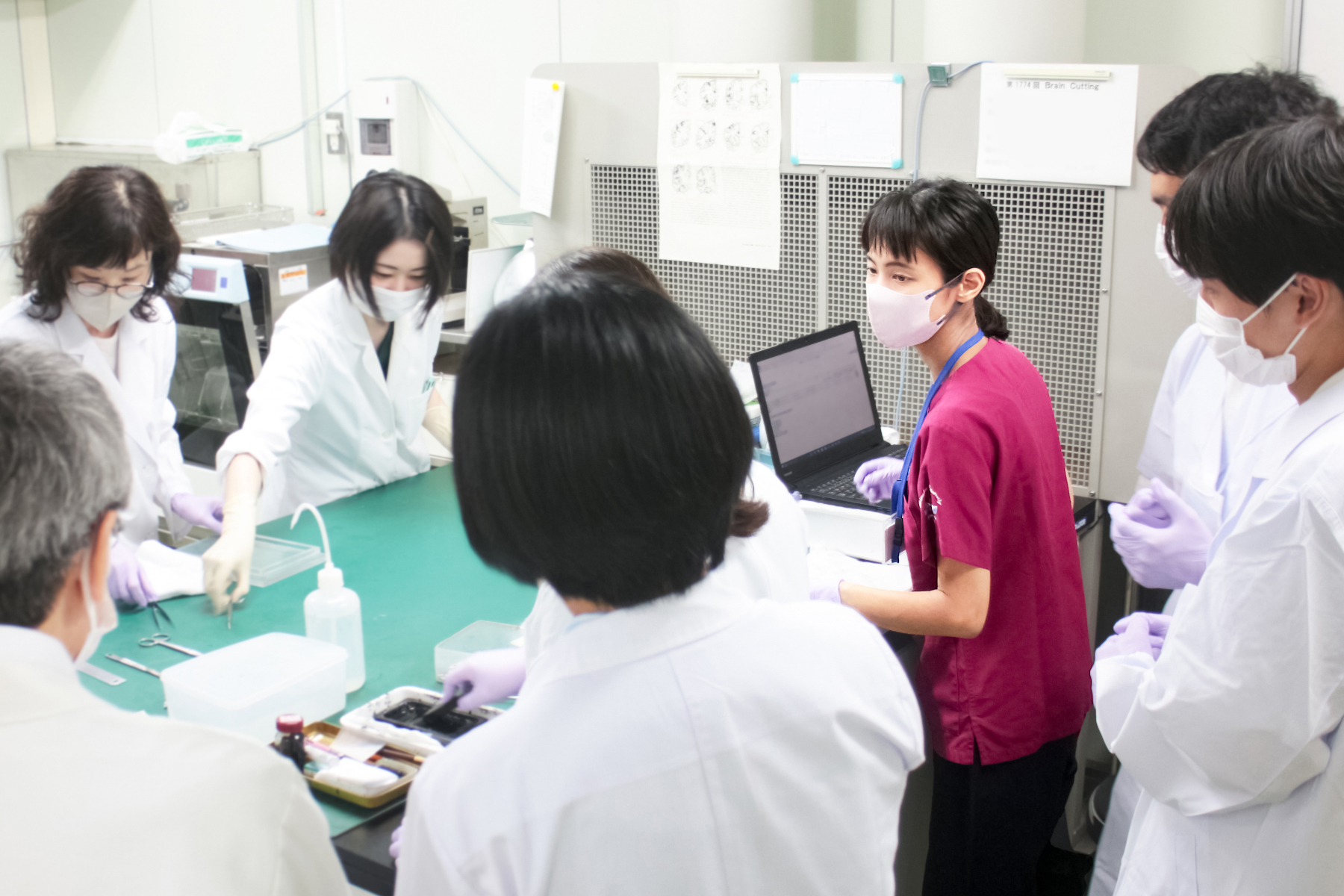
What advantages do you see in doing research at BRI, and what aspects of its research environment do you find most attractive?
It is the people in BRI who make the difference. Senior lab members and researchers from other departments offer enthusiastic, high-level guidance and support. When I joined as a graduate student two years after graduating from medical school, I was warmly welcomed, despite coming from another university and prefecture. For this, I was truly grateful.
There is close interaction among labs at BRI, fostering strong relationships and collaborative research. Our department has a collection of well-diagnosed cases dating back to the 1970s, which we consider an invaluable asset, meticulously built by our predecessors. Even today, we receive numerous autopsy requests from hospitals throughout Niigata prefecture, highlighting the strong partnerships we maintain with clinical doctors. Additionally, the lab technicians and administrative staff are highly skilled and supportive, always assisting when needed.
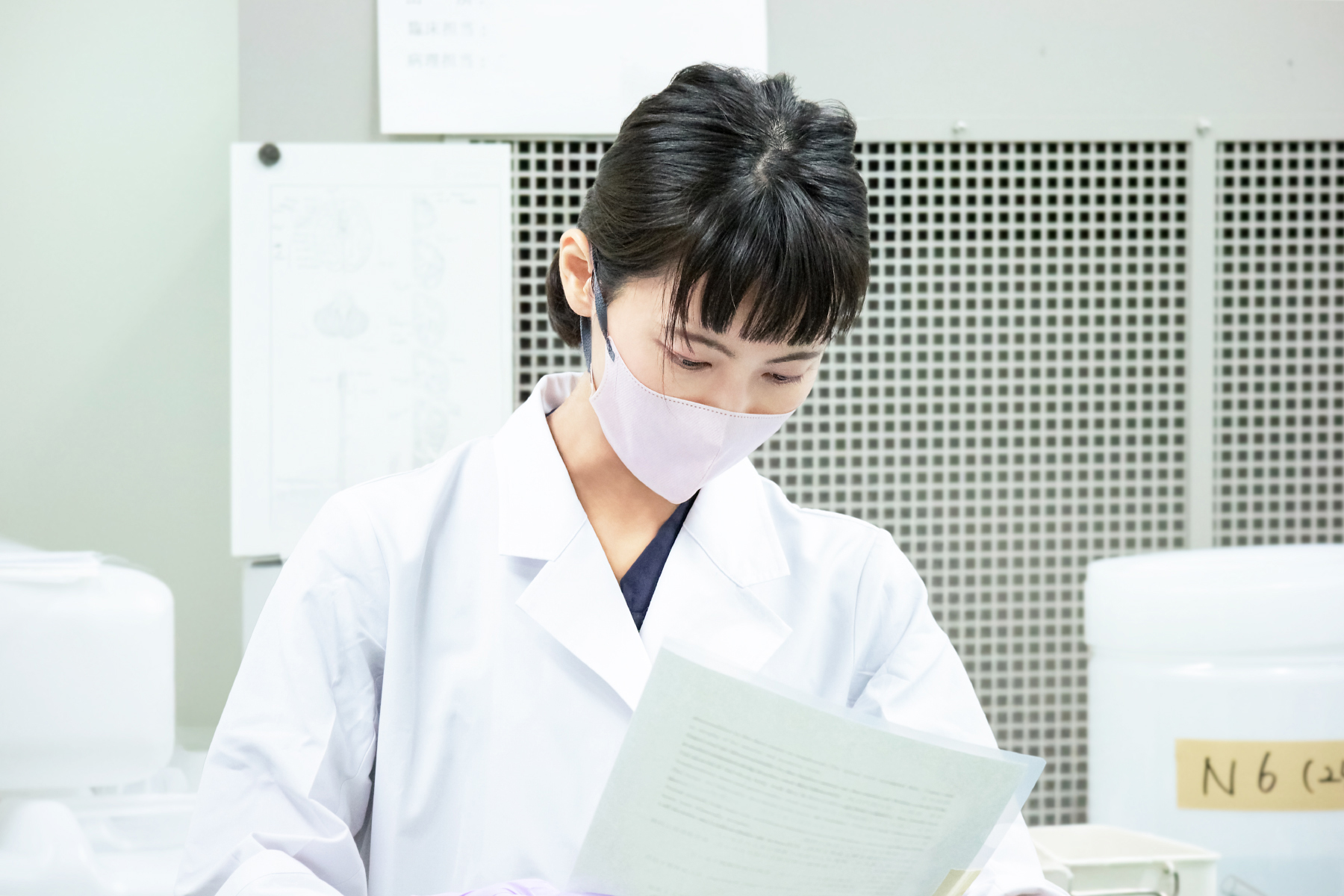
What aspects of your work do you find both fascinating and challenging? What obstacles do you encounter?
The key point is that almost all of the disease is represented in the sample before us; we simply have not yet extracted all the necessary information. New tools and innovative approaches will lead us understand the pathology of diseases. Our lab operates 24/7, performing autopsies at all hours. When autopsy requests overlap with scheduled presentations, experiments, or conference preparations, time management can be strict. At the end of last year, I spent New Year's Eve in the autopsy room. Although the work itself was not particularly demanding, it became an unforgettable New Year's transition when I was jolted awake by an earthquake on New Year's Day.
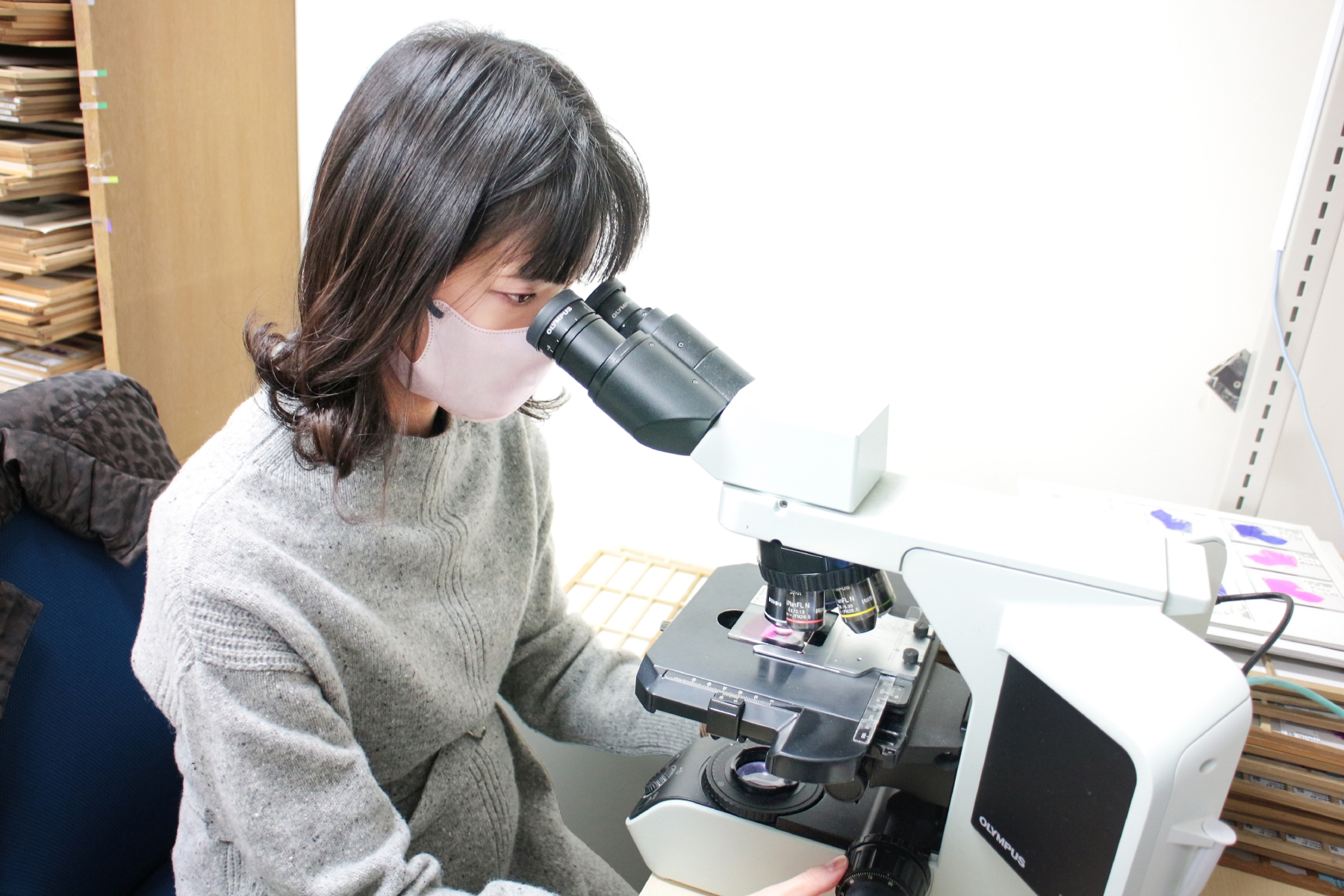
Do you have a personal motto or guiding principle that you follow in your work?
It is crucial to remember that every tissue sample is entrusted to us by patients, families, and clinicians dedicated to understanding the disease. It is also important to approach each sample with an open mind, free of preconceived notions. I take care to avoid assumptions such as "it must be this way" or "it is diagnosed as this," as they can lead to inaccurate conclusions. As a pathologist, I strive to deliver accurate diagnoses and provide comments that directly address clinicians' questions. I also make a conscious effort to transform the insights gained during this process into meaningful research.
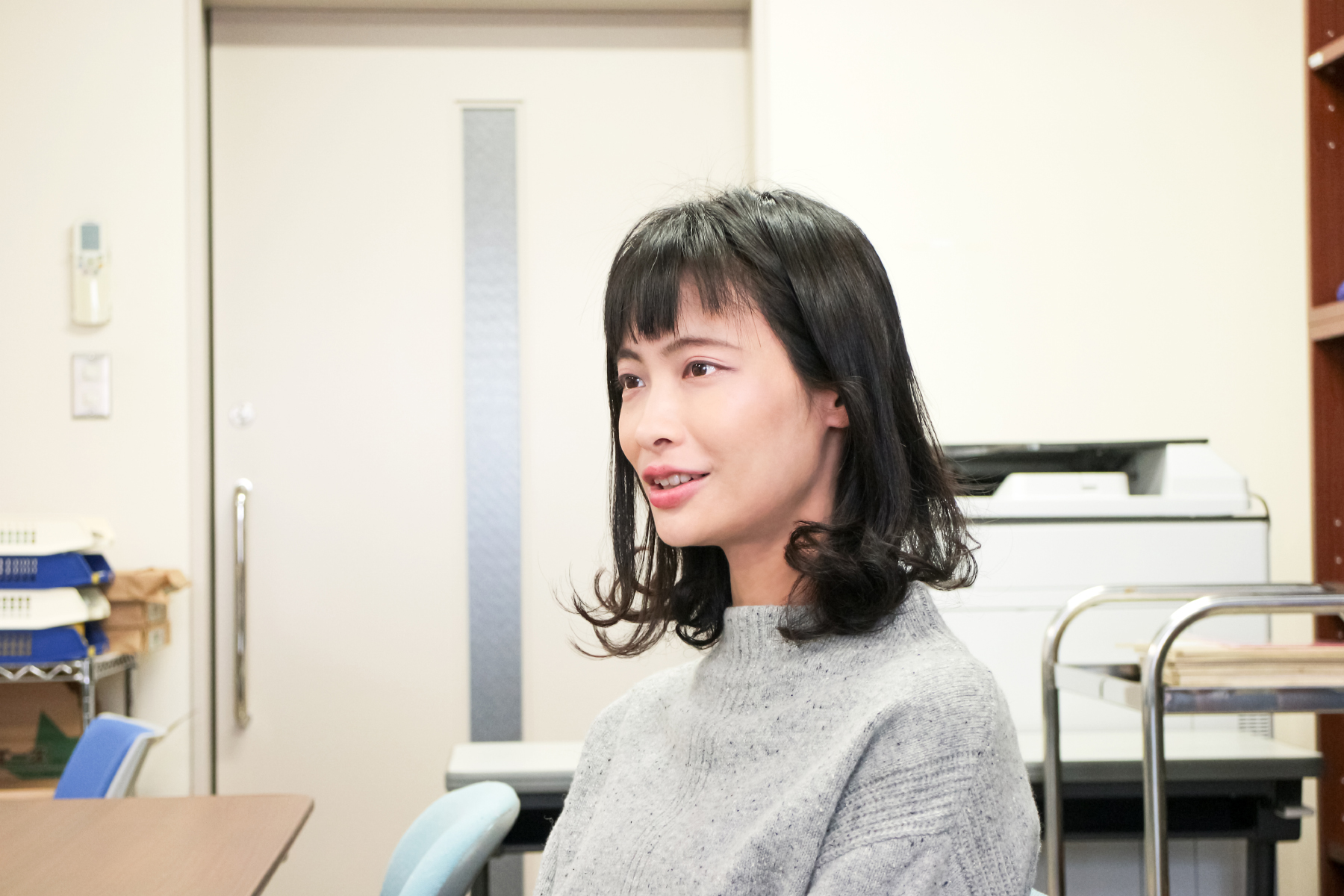
How do you usually spend your time after research and on your days off? Please share how you refresh and recharge.
After work, I do housework and prepare for the next day, and before I know it, it's time to go to bed. My husband, who is also a pathologist, and I often find ourselves discussing work-related topics, such as pathological diagnoses and the way of samplings, even at home. In my free time, I enjoy playing musical instruments as a member of a local chamber orchestra and Japan Pathologists Philharmonic. The orchestra members cheer me up so much that I call them mother and father in Niigata.
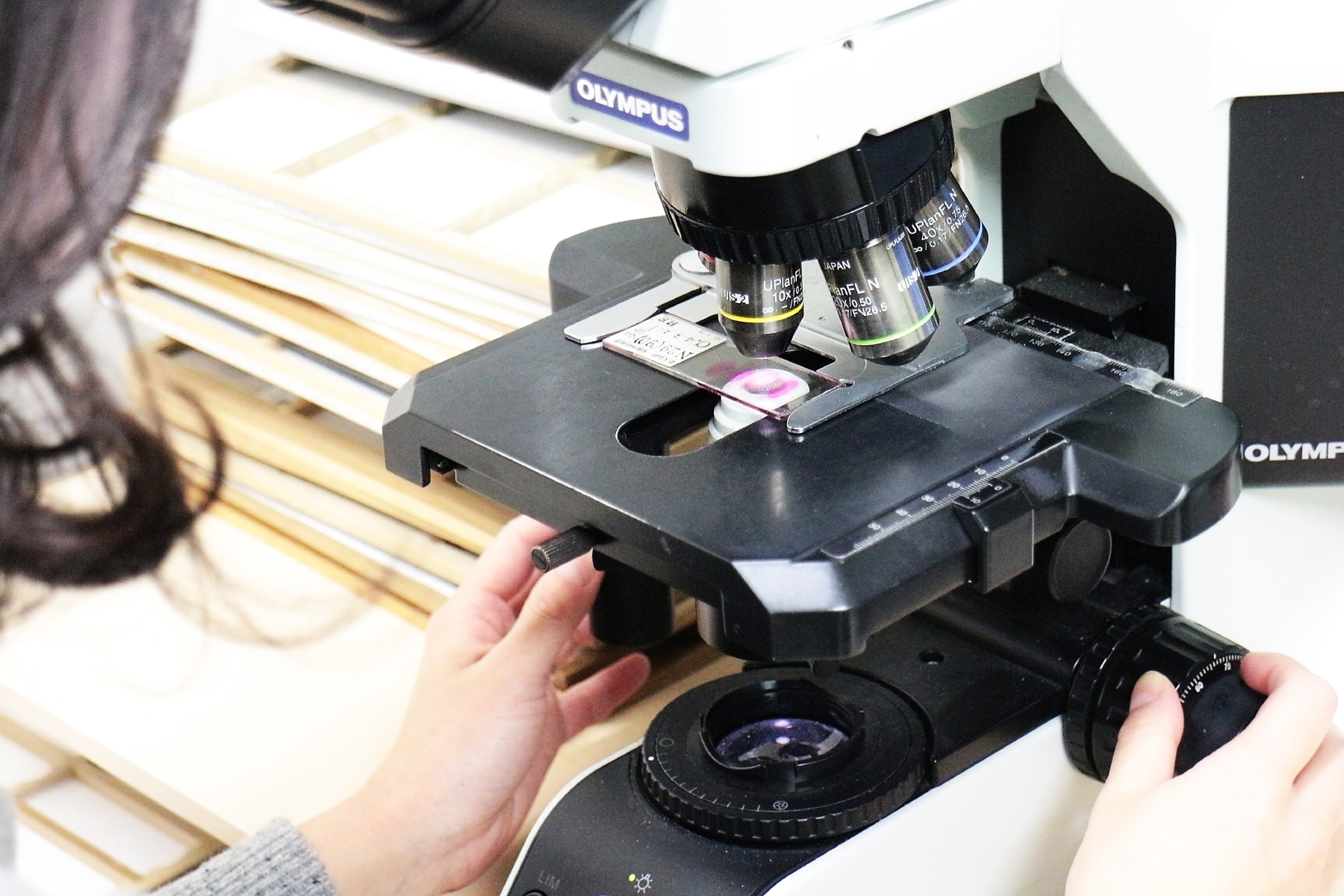
What are your goals for the future?
My primary goal is to elucidate the pathogenesis of diseases and establish links to potential treatments. I aim to uncover early indicators of disease processes through pathological specimens, providing crucial insights into disease initiation. In the future, I aspire to collaborate with researchers across various specialties to translate these findings into effective treatments for patients.
On a personal note, I am currently expecting a baby and hope for a safe delivery. My immediate priority is nursery hunting to return to work immediately. As this stage of my life coincides with a strong desire to advance my career, I aim to identify systems and strategies to minimize the impact of pregnancy and childbirth on my professional commitments.
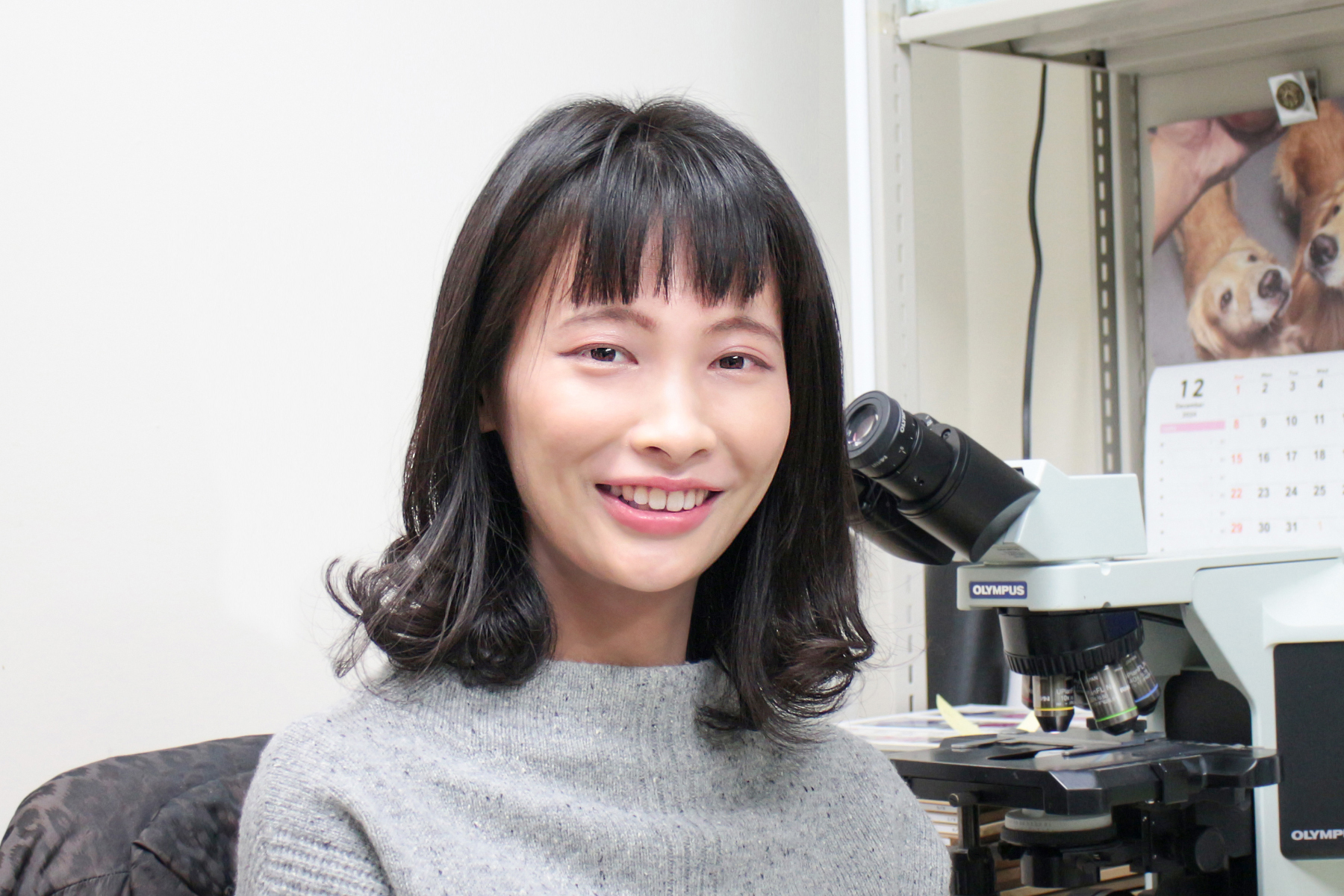
Please share a message for those interested in pursuing research or graduate programs at BRI.
I am confident that your research journey at BRI will be both enriching and fulfilling. I encourage you to explore and take on many new challenges during your time here.






